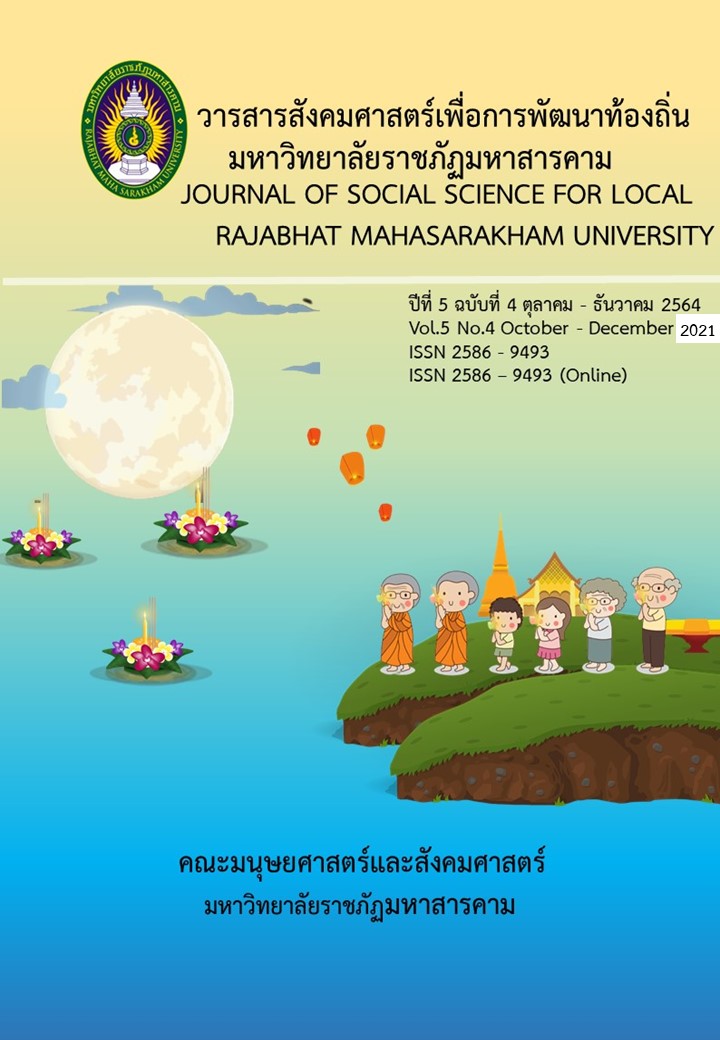Public Health Leadership of Police Drug Enforcement Investigations in Thailand and the Laos People’s Democratic Republic.
Keywords:
Leadership, Public Health, Police Drug Enforcement InvestigationsAbstract
The purposes of this study were 1. to study the police officer leadership affecting the distribution, suppression, and rehabilitation of drug addict patients in Northeastern Thailand and Southern Lao People’s Democratic Republic (Lao PDR), and 2. to analyze the composition of public health leadership of drug enforcement police officers in Thailand. is a combination of quantitative and qualitative research. A sample of 398 person officers or public health leaders in northeastern Thailand was drawn from the Taro Yamane formula and simplified sampling was performed. and a target group of 80 person who came from a specific selection The research tool was a questionnaire, an interview form, and the data collected from the questionnaire were analyzed by using descriptive statistics consisting of percentage, mean, standard deviation. and using the information gathered from the interview form for a content analysis. The results revealed as the followings. 1) The police officer leadership affected the distribution, suppression, and rehabilitation of drug addict patients consists of 1.1) beliefs and traditional ways, 1.2) public health care, 1.3) believe changing and ways of life in new cultures, 1.4) recognition of benefits and obstacles in public health and drug prevention, and 1.5) leadership and good governance of community leaders. and 2) The composition of public health leadership of drug enforcement police officers in Thailand related to the drug suppression comprises 5 items that are 2.1) the relationship management using the mechanism of “BAWORN (House-Temple-School)” for protecting drugs, 2.2) the participatory culture in communities for protecting drugs, 2.3) the promotion of learning atmosphere for protecting drugs, 2.4) the creation of inspiration using the mechanism of “BAWORN” for protecting drugs, and 2.5) the public health administration using community process for protecting drugs.


